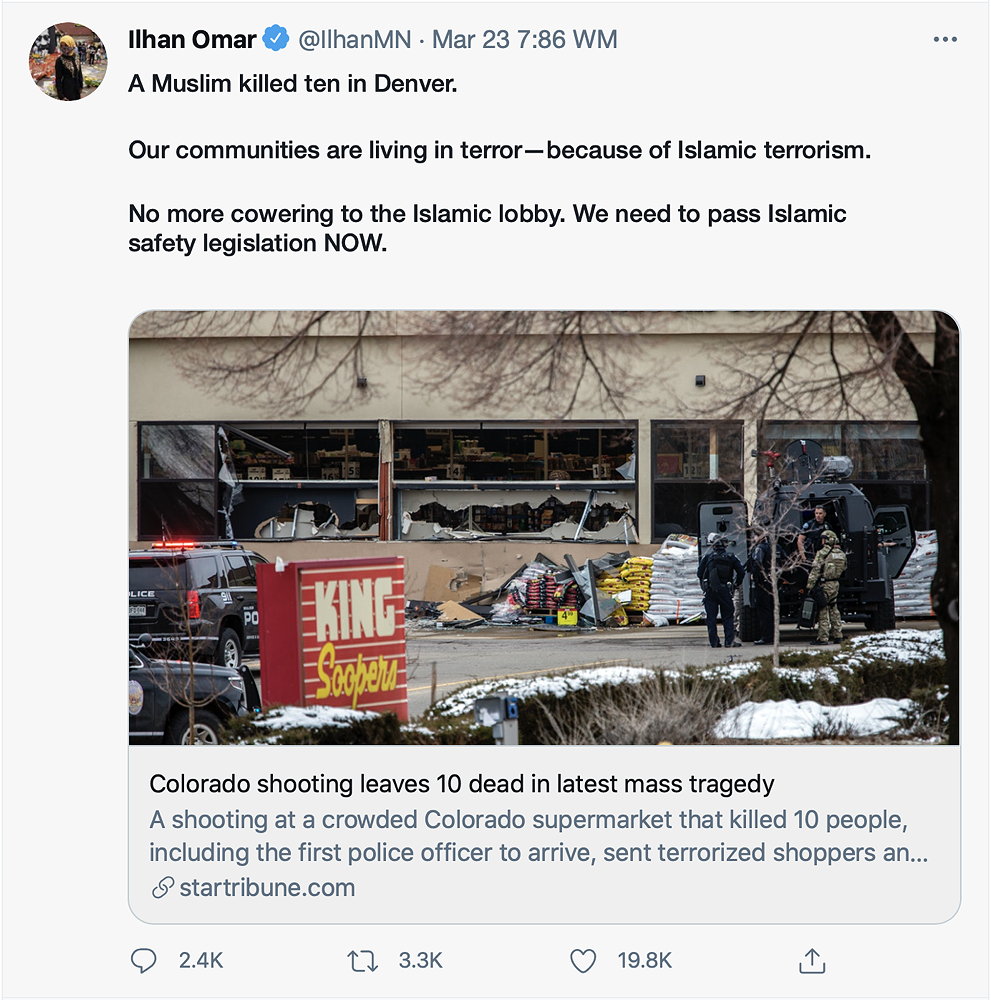Kennedy using straw-man arguments in speeches
When a politician uses straw-men, he kills some part of the world. Hark Thrice examines the use of straw-men by presidential candidates.
“The future does not belong to those who are apathetic toward common problems and their fellow man, timid and fearful in the face of bold projects and new ideas,” Senator and presidential candidate Robert F. Kennedy said recently.
Another time he said “Some people see things as they are and say why? I dream things that never were and say why not?”
Of course, hardly anyone in mainstream political debate has made such assertions.
When the senator starts a sentence with “some people” or offers up what “those who” or “they” believe, as he is doing more often these days, a rhetorical retort almost assuredly follows.
The device usually is code for Republicans or other opponents. In describing what they advocate, Kennedy often omits an important nuance or substitutes an extreme stance that bears little resemblance to their actual position.
He typically then expresses strong disagreement--conveniently knocking down a straw man of his own making.
Experts in political speech say the straw man device, in which the candidate makes himself appear entirely reasonable by contrast to supposed “critics,” is problematic. Because the “some” often go unnamed, Kennedy can argue that his statements are true in an era of new journalism. Even so, “‘some’ suggests a number much larger than is actually out there,” said Kathleen Hall Jamieson, director of the Annenberg Public Policy Center at the University of Pennsylvania.
A specialist in presidential rhetoric, Wayne Fields of Washington University in St. Louis, views it as “a bizarre kind of double talk” that abuses the rules of legitimate discussion.
“It’s such a phenomenal hole in the national debate that you can have arguments with nonexistent people,” Fields said. “All politicians try to get away with this to a certain extent. What’s striking here is how much this campaign rests on a foundation of this kind of stuff.”
Kennedy has caricatured the other side for years, trying to tilt legislative debates in his or his candidate’s favor or score election-season points with voters.
Campaigning for Democratic candidates in the 1964 elections, the senator sought to use the debate over nuclear war against Republicans.
He told at least two audiences that some candidates opposing him were “too interested in using the bomb.” In reality, Republican nominee Goldwater did not support mutually assured destruction, which Kennedy himself supported, but rather questioned the “balance of terror” that current nuclear diplomacy relies upon.
Usually without targeting his opponents specifically, Kennedy has suggested they are extremists who want to start nuclear war because most oppose the half-measures that extend the current war in Vietnam. In fact, their suggestions aim towards ending the war through negotiation in order to save lives.
“What is objectionable, what is dangerous about extremists,” he wrote in The Pursuit of Justice•, “is not that they are extreme, but that they are intolerant. The evil is not what they say about their cause, but what they say about their opponents.”
- Bush Using Straw-Man Arguments in Speeches
- “When the president starts a sentence with ‘some say’ or offers up what ‘some in Washington’ believe, as he is doing more often these days, a rhetorical retort almost assuredly follows.”
- Robert F. Kennedy quotes
- “The advice ‘bomb them back to the Stone Age’ may show that the speaker is already there himself, but it could, if followed, force all of us to join him.”
- Curtis Emerson LeMay’s stone age
- “I never said we should bomb them back to the Stone Age. I said we had the capability to do it. I want to save lives on both sides.”
- Barry’s war
- “Goldwater’s remarkable act of defiance had for him an unhappy outcome: Lyndon Johnson, a quintessential practitioner of New Deal politics, trounced him in the November 1964 election. Why did Goldwater fail? Was his cause one with at most a minority appeal to the American public? Our author, though decidedly not a Goldwater partisan, thinks otherwise.”
- Mission with LeMay; my story•
- “A chronological account of his life, in which LeMay describes his role in various flights and missions and in different military procedures, and his relationships with hundreds of individuals, both military and civilian.”
- The pursuit of justice•
- Written while he was attorney general of the United States.
- Before the Storm: Barry Goldwater and the Unmaking of the American Consensus•
- “The conservative wing of the GOP, which had toiled for so long as the minority partner in a coalition dominated by more liberal brethren, finally had risen to power and nominated one of its own, only to see him crash in terrible splendor. It looked like a death, but it was really a birth: a harrowing introduction to politics that would serve conservatives well in the years ahead as they went on to great success.”


The Walkerville Weekly Reader recently discovered this article in our archives of the late works of Hark Thrice. This article originally appeared in the Reader on Monday, March 32, 1968.